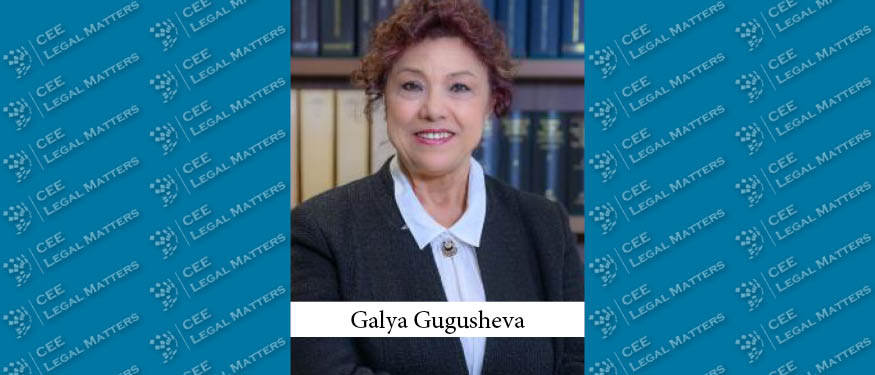Despite current geopolitical challenges and the related inflation and price hikes, the current situation in Greece is much better compared to the COVID-19 crisis, with increasing interest in the country's hospitality sector, according to Drakopoulos Partner Michalis Kosmopoulos.
"The last couple of weeks’ main discussion topics have been the geopolitical developments adding complexity to the issues faced by Greece," Kosmopoulos says. "On a more practical note, inflation remains the main challenge, affecting both personal and corporate budgets." According to him, at the moment, "price hikes are visible in many areas of everyday life, ranging from energy to the food sector. In the long run, this might have a major impact on law firms’ work."
Still, Kosmopoulos points out that the overall situation is much better compared to the last major crisis. "I would not compare the present challenges to the ones during the pandemic," he says. "When COVID-19 broke out, we received e-mails from clients saying they were limiting their legal budget to almost zero, to save their companies. At the moment, even though the business sector is price-sensitive, there is cause for optimism," he notes, adding that it depends on how the Ukrainian crisis evolves in the next few months.
Aside from that, Kosmopoulos believes that investors’ interest in Greece has been increasing since the stabilization of COVID-19 last year. "Greece is highly dependent on tourism and, with the growth of interest in the hospitality sector, we are highly optimistic that we are going back to the 2019 numbers of around 30 million tourists per year in the country," he says. In addition, Kosmopoulos highlights that this is especially visible in the Athens area, "where new hotels have been popping up everywhere in the past few years." Overall, he notes that transactional activities remain very high.
Kosmopoulos adds that the "legal sector still faces a long-standing issue: delays in the justice system. This has been an ever-lasting problem, without any specific solutions so far. The Civil Procedure Code has already been reformed a few times, with lackluster results so far." Hiring more judges could be one solution, he ventures.
That said, Kosmopoulos highlights that there has been a positive development in Greece related to the restructuring of the IP office: "Ten days ago, the trademark registry moved from the supervision of the Ministry of Development to the Patent Office, covering all IP-related things with the exception of copyright." According to him, this imposes a lot of challenges in merging all operations together. "I hope there is a good project plan in place and we won’t face significant delays in processes," Kosmopoulos concludes.















